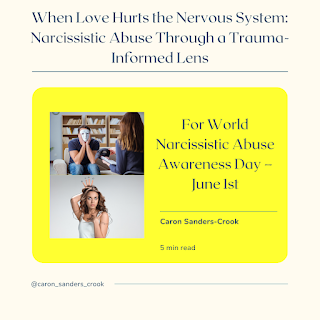Sacred Self Leadeship When Times Are Really Tough
.png)
SACRED SELF-LEADERSHIP WHEN TIMES ARE REALLY TOUGH There are moments in life when the bottom seems to fall out from under you. You’re not sure if you’re standing or floating, falling or frozen. You blink back tears in meetings, feel your chest tighten when the phone rings, are reluctant to open the next email, and dread the silence that greets you when the day finally slows down. These are the moments no one trains us for. These are the sacred thresholds of self-leadership. Sacred Doesn’t Mean Polished Let’s be honest, there’s nothing glamorous about leading yourself when your world feels like it’s crumbling. Sacred doesn’t mean tidy. It doesn’t mean Zen candles, perfect morning routines, or curated affirmations. Sacred self-leadership is raw. It’s you, slumped in the car after a shift, screaming into a towel, or staring at the ceiling at 2am, wondering how you’ll face another day. And yet… something stirs in those moments. Not a fix. Not a solution. But a fli...

.png)


.png)
.png)
.png)